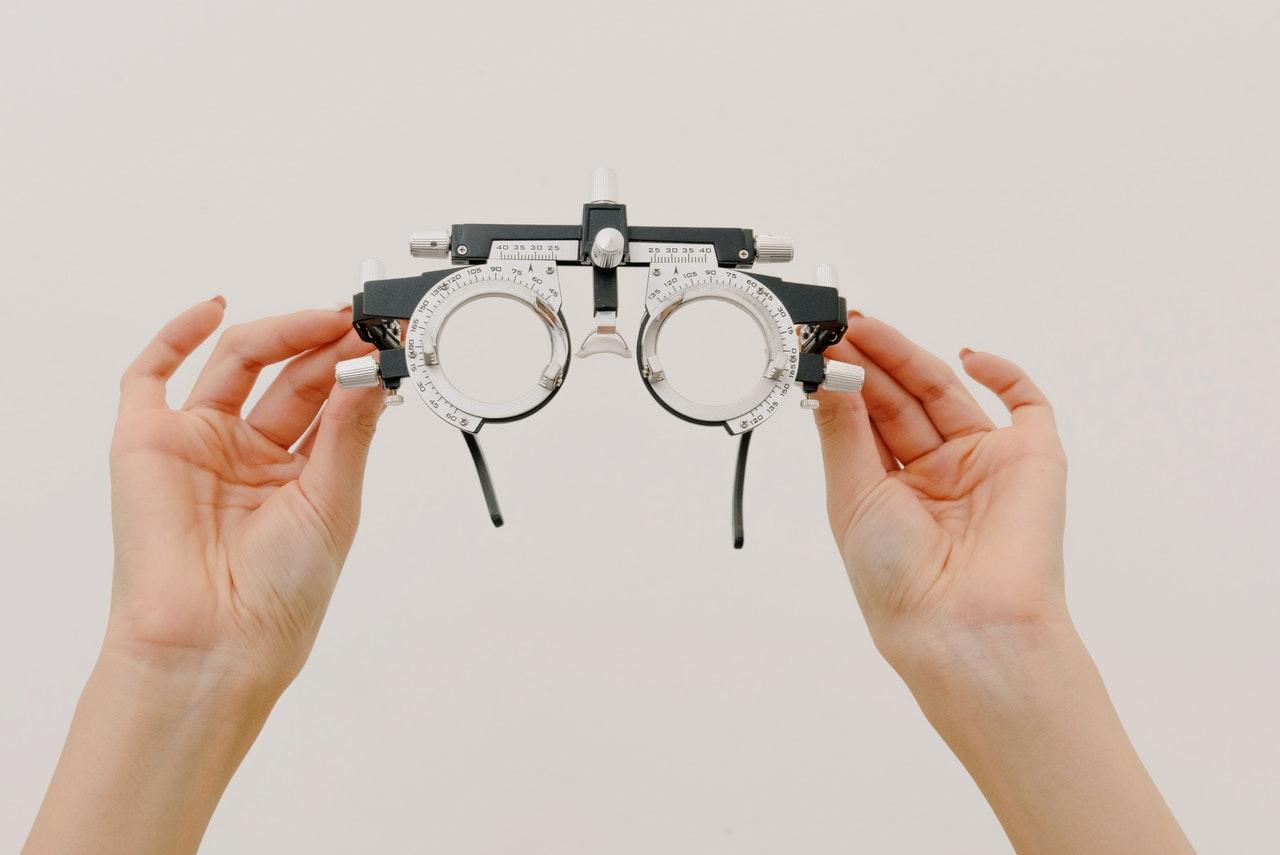5 Tips to keep eyes healthy
2022.05.31

The eyes are one of the most important organs of the human body. They allow us to see the world around us, and as such, it is very important to take care of them. One of the most common reasons for people to have difficulty seeing is due to eye strain. While this is common, it can be prevented by following these simple tips:
Protect your eyes when going outside
A large number of people wear sunglasses to protect their eyes from harmful UV rays. However, are you aware of the fact that you need to protect your eyes from harmful sun rays when you go outside? If you want to prevent or reduce the risk of cataracts, macular degeneration, photokeratitis, and other eye conditions.
One of the most common problems is dry eye syndrome. As a person gets older, their eyes often begin to become more sensitive to both dryness and light, and the symptoms of dry eye syndrome become noticeable. Symptoms include a scratchy feeling in the eyes, blurred vision, a feeling of sand in the eyes, and, in some cases, an actual decrease in vision. Fortunately, there are many ways to treat dry eye syndrome, most of which focus on reducing eye irritation and increasing eye moisture. These include warm compresses, anti-inflammatory drops, prescription medications, artificial tears, and punctal plugs.
Eat eye-healthy foods
Because of their important role in the visual process, it just makes sense that your eyes are a major target of any diet. You can help prevent macular degeneration, one of the most common causes of vision loss, by eating foods that are rich in antioxidants, vitamins, and minerals. Nutritionists recommend eating a wide variety of fruits, vegetables, legumes, lean meats, and whole grains.
The best sources of antioxidants are blueberries, cherries, kale, red grapes, spinach, and strawberries. Blueberries, cherries, green and black tea, red wine, and dark chocolate are also high in flavonoids, which help protect you against macular degeneration. The nutrients in food work together to fight macular degeneration. In addition to eating a variety of colorful fruits and vegetables, don't forget to take a daily multivitamin or vitamin C supplement.
Get your eyes checked by an optometrist
According to optometrists, the eyes are very sensitive to the environment as well as to the way we live. The quality of our diet and our environment, the amount of sleep we get, and the stress we're under all affect the eyes. Make sure you protect your eyes from UV light, keep your computer screen at a distance, and wear your glasses when you're at the beach.
As we age, our eyes can be affected by a variety of diseases. From macular degeneration to diabetic retinopathy, and from cataracts to glaucoma, eye health can be a serious issue. Visiting an Optometrist can help you maintain healthy eyes and reduce your risk of developing eye diseases throughout your life.
Know your family's history
Did your parents or grandparents have eye problems like glaucoma or macular degeneration? If so, you might have a higher risk of developing glaucoma or macular degeneration. The risk of developing glaucoma is about 20% for people who have a close relative with the disease.
An eye care professional can also tell you if you or your family have a higher risk of developing glaucoma, cataracts, or other eye diseases. You should also know about your family's history of eye diseases. If you know that a family member has a certain eye disease, it is important for you to make your own appointment with an eye care professional to check for the signs and symptoms of that disease.
Avoid harmful screen time
The average person spends about five hours in front of a screen every day. As a result, nearly 80 percent of Americans who use computers experience digital eye strain. In addition to watching TV, this includes using your smartphone or tablet. Digital eye strain can lead to headaches and blurred vision.
Keeping your eyes healthy takes a lot more than just a blink here and there. While some people may be lucky enough to only use their eyes for reading and writing, most people spend most of the day in front of a screen. And all that time staring at computer monitors, TVs, and smartphones can take a toll on your eyes, causing damage that could potentially lead to permanent vision loss. So, what is the best way to avoid harmful screen time? Before you begin reading or writing, make sure you are in a well-lit room. Also, make sure to take a break from your screen every 20 minutes or so. While you're on your break, do a few simple exercises to help strengthen your eyes.
More Articles
Copyright © Fooyoh.com All rights reserved.